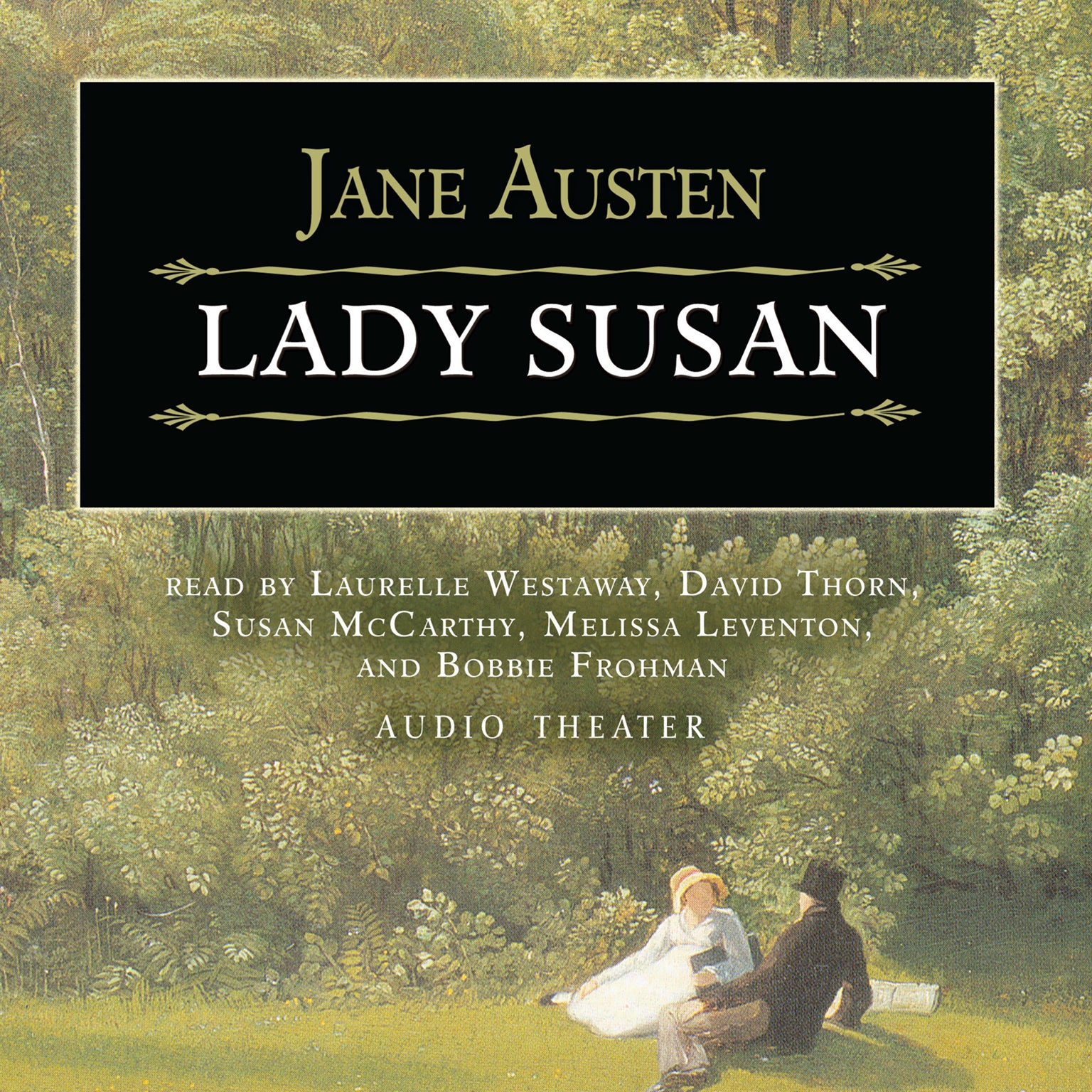
Lady Susan
“Lady Susan’s character is more extreme than we expecte from Jane Austen...Here Jane Austen is showing us the mind of a ‘wicked woman’ in action, from within, an exercise which she was not to attempt again. She was to attempt folly and frivolity and immorality, but never so directly did she attempt to portray vice. Lady Susan, with her...cruelty to her daughter and her ruthless selfishness, is unique in [Austen’] work.”
Margaret Drabble
Jane Austen’s earliest known serious work, Lady Susan is a short, epistolary novel that portrays a woman bent on the exercise of her own powerful mind and personality to the point of social self-destruction.
Lady Susan, a clever and ruthless widow, determines that her daughter is going to marry a man whom both detest. She sets her own sights on her sister-in-law’s brother, all the while keeping an old affair simmering on the back burner.
But people refuse to play the roles assigned them. In the end, her daughter gets the sister-in-law’s brother, the old affair runs out of steam, and all that is left for Lady Susan is the man intended for her daughter, whom neither can abide.
Told through a series of letters between the characters, the work concludes abruptly with the comment: “this correspondence…could not, to the great detriment of the Post Office revenue, be continued any longer.”
Praise
